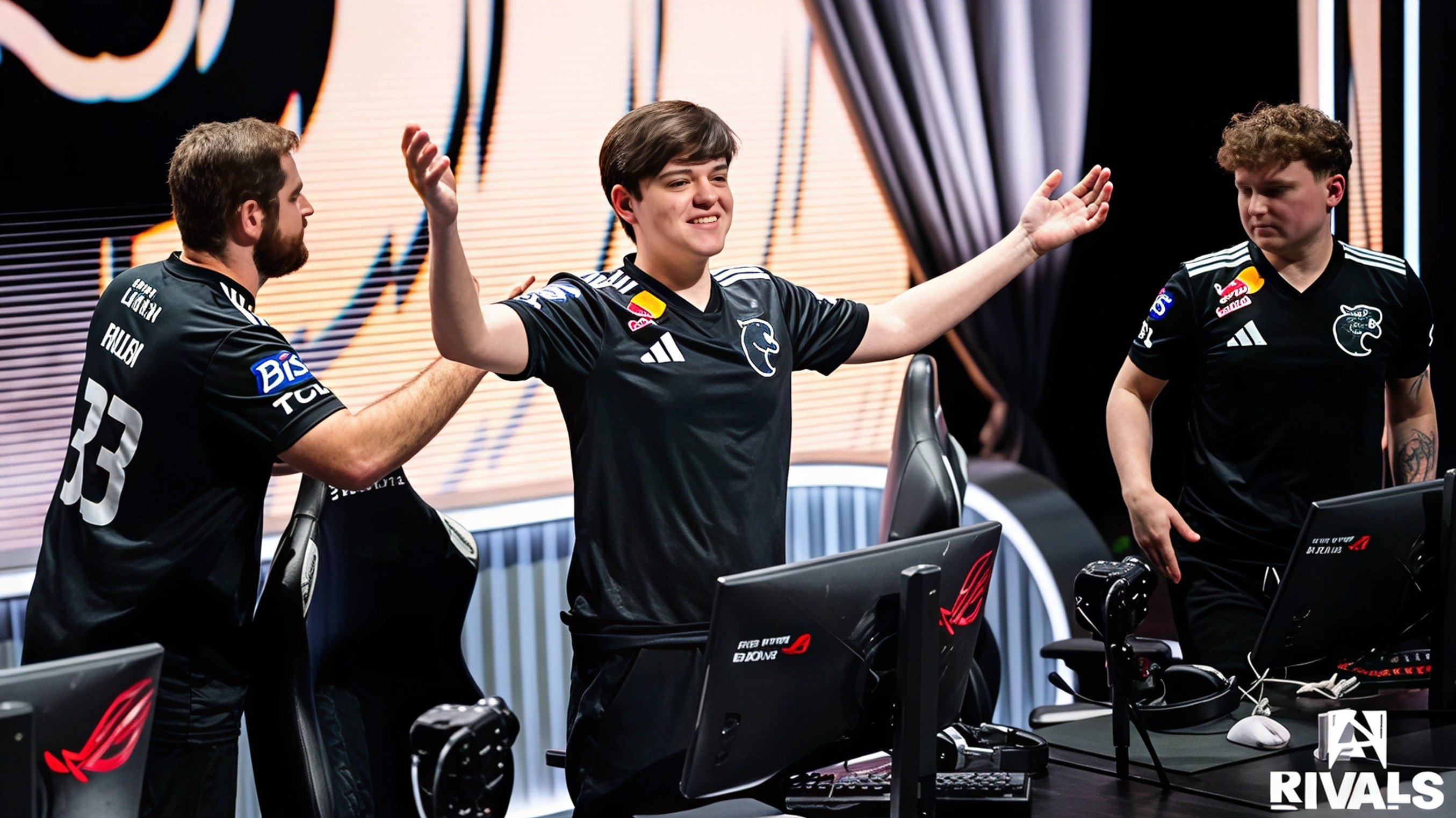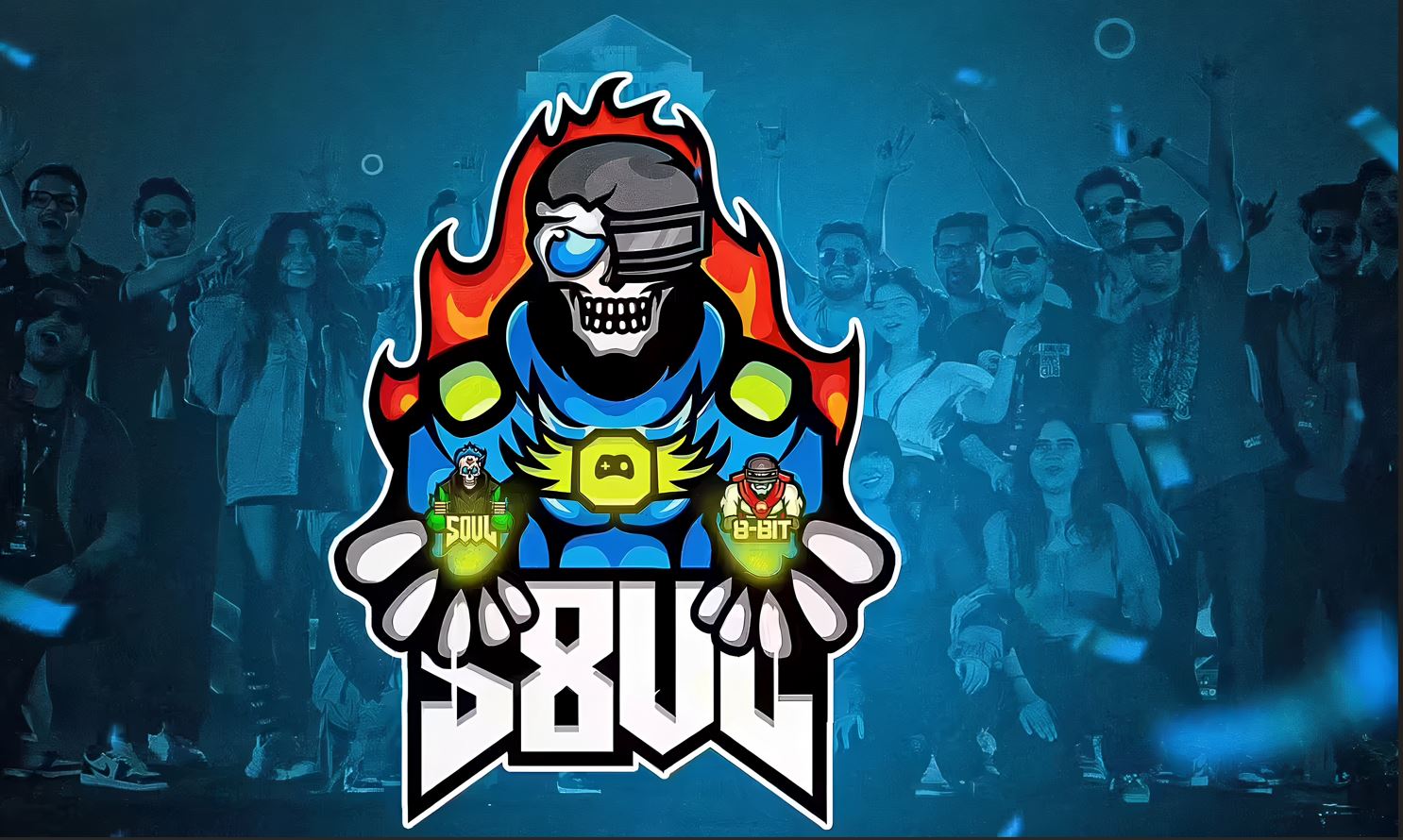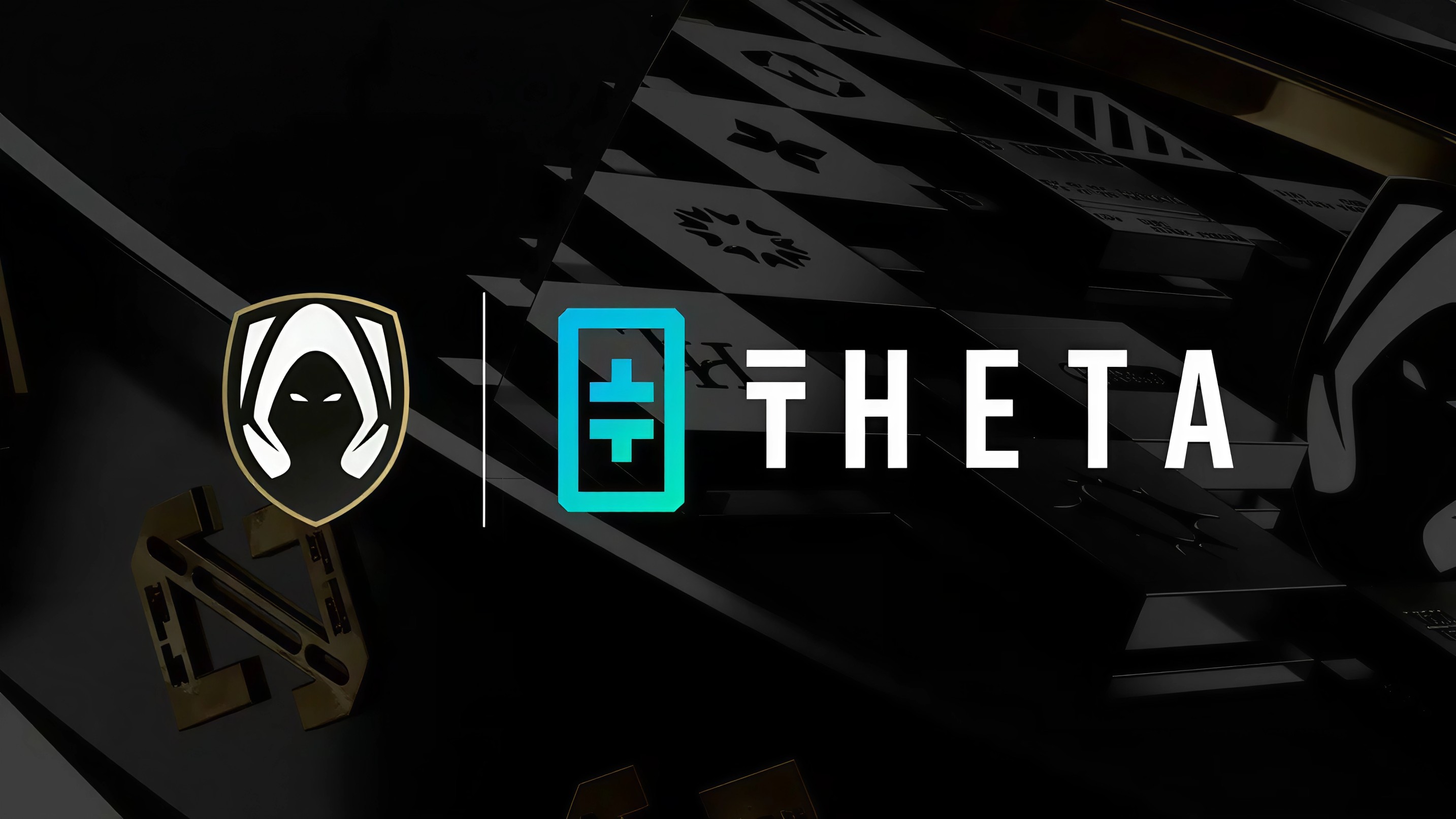If you felt like GST headlines had cooled, this week proves otherwise. The tax fight around online gaming has flared again, with renewed scrutiny on past liabilities and a familiar argument about how to calculate tax on platforms where money changes hands. The temperature is high because the difference between tax on full face value versus platform fees is the difference between a survivable bill and a shutdown event.
What the current skirmish is about
Authorities have moved to crystallise demands on past periods while litigation works through the courts. Industry groups argue that the method overstates liability by taxing prize pools that never hit a company’s P&L. The counter-view is that the full ticket should be taxed to curb harmful products. In the middle sit studios and esports orgs that share infrastructure and talent pools with money-gaming firms and catch reputational shrapnel they did not earn.
Why this matters beyond real-money apps
Payment partners, ad platforms, and cloud vendors raise risk flags whenever compliance stories spike. That makes credit more expensive and slows campaigns even for social games and esports. Hiring plans pause because founders cannot model cash flow with confidence. The net effect is a drag on the broader ecosystem.
A boring but useful path forward
Publish a unified clarification that pegs GST on platform fees for compliant products and sets a clean glide path to resolve past periods without bankrupting firms that acted in good faith under ambiguous rules. Tag a clear line between banned mechanics and permitted ones. Set reporting templates so audits stop guessing. Everybody gets certainty, and enforcement teams can focus on bad actors.
What studios can do this week
If you run a platform, update your tax position papers and keep a data room ready with flow charts of money movement. If you make games without money mechanics, put a prominent statement on your store pages and websites so users, partners, and regulators see the difference. If you operate esports, publish your tournament rules and anti-cheat in one place and map your age gates to the upcoming rules regime.
Short-term reality check
Court calendars move slower than social feeds. Plan for noisy headlines and keep teams focused on shippable features. The industry has weathered earlier rounds by staying organized and documenting everything. Do that again and push for clarity in writing, not vibes.
Follow Gaming Moves on Instagram and Facebook for tax timeline trackers, founder templates for audit responses, and practical explainers you can share with your board











